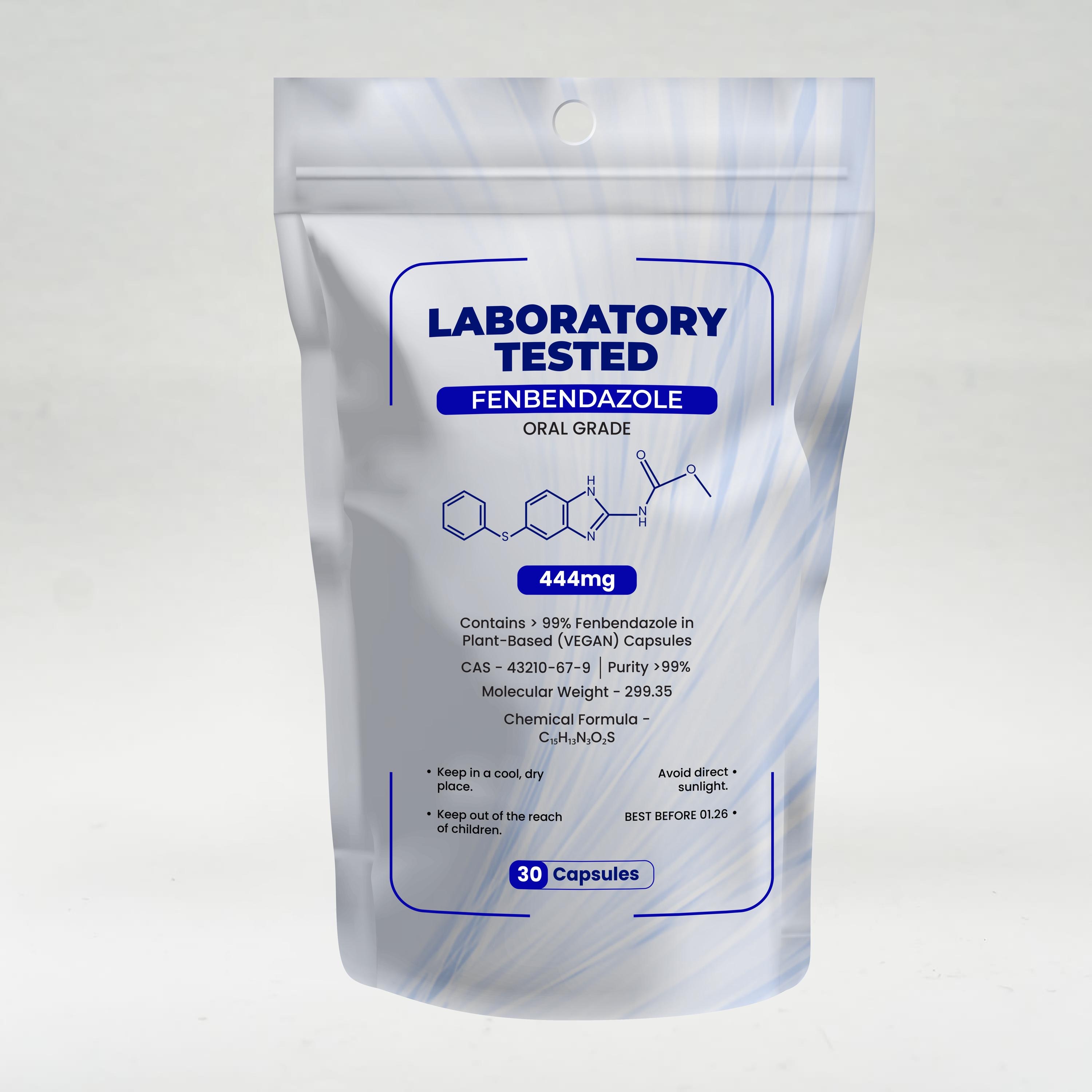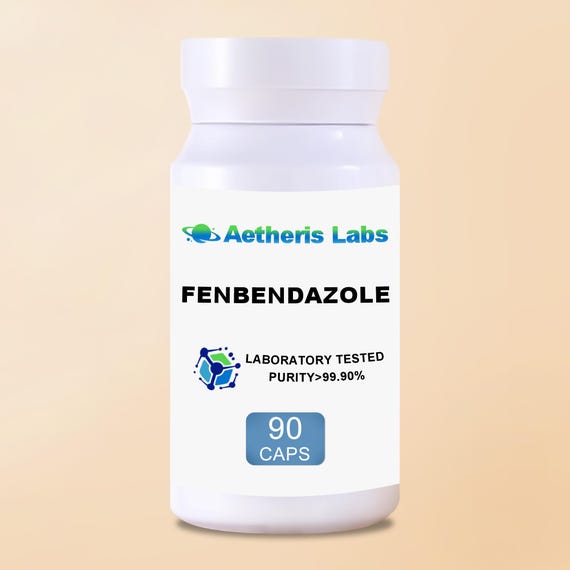fenbendazole 222: How to Use Safely for Dogs and Cats
Wiki Article
Understanding the Perks and Uses of Fenbendazole in Veterinary Medication
Fenbendazole has developed itself as an essential anthelmintic in veterinary medication. Its capacity to target various parasitical infections makes it an important tool for vets. The medication's device disrupts necessary cellular processes in bloodsuckers, leading to efficient therapy results. Its safety and security account varies between types, demanding mindful factor to consider in its use (fenbendazole 444). Understanding these dynamics can clarify fenbendazole's broader effects in veterinary care and recurring research study into its possible past traditional applicationsDevice of Action of Fenbendazole

Typical Parasitical Infections Treated With Fenbendazole
A selection of parasitic infections are successfully treated with fenbendazole, making it a flexible choice in vet medicine. This anthelmintic representative is particularly effective against nematodes, including roundworms and hookworms, which typically influence pets and cats. It is likewise used for the therapy of cestodes, such as tapeworms, giving a wide spectrum of action versus both sorts of digestive bloodsuckers. Furthermore, fenbendazole is useful in managing infections created by protozoa, specifically Giardia, which can result in stomach distress in animals. Its efficacy encompasses dealing with specific lungworms in pooches and felines, dealing with respiratory system health problems connected to these parasites. In general, fenbendazole's capability to target several parasitic types makes it a beneficial tool in veterinary method, making certain the health and well-being of animals impacted by these typical infections.Safety and Efficacy in Different Animal Species
The safety and effectiveness of fenbendazole differ amongst different animal varieties, emphasizing the relevance of species-specific factors to consider in vet medicine. In dogs, fenbendazole is typically well-tolerated and efficient against a variety of intestinal bloodsuckers, including roundworms and hookworms. For felines, however, its use is less typical and may need cautious application due to possible damaging reactions.In livestock, such as cattle and sheep, fenbendazole demonstrates performance against various endoparasites, adding to boosted wellness and performance. Nevertheless, the pharmacokinetics and prospective adverse effects can vary considerably between types, requiring careful examination by vets.
Equines likewise respond positively to fenbendazole, particularly for dealing with strongyles and ascarids, though dosage and management routes should be customized to their distinct physiology. Consequently, understanding these differences is vital for optimizing treatment end results and making sure animal welfare across diverse varieties.
Administration and Dose Standards
Proper administration and dose guidelines are important for optimizing the restorative results of fenbendazole while reducing possible negative effects. The dosage generally differs depending on the species being treated, the certain condition, and the formula of fenbendazole used. this post fenbendazole 222. For dogs and felines, a common dose is 50 mg/kg body weight, carried out as soon as daily for 3 consecutive days, but veterinarians might readjust this based on specific health and wellness assessmentsIt is necessary to provide fenbendazole with food to enhance absorption and lessen gastrointestinal distress. The medication is readily available in numerous kinds, including granules and paste, enabling for versatile administration choices. Monitoring the animal's feedback during and after treatment is advisable to confirm efficacy and safety. Additionally, veterinary assistance is essential to establish the suitable duration of therapy based upon the sort of parasitical infection being attended to, ensuring suitable outcomes for the animal's health and wellness.
Future Point Of Views and Study on Fenbendazole
Research study on fenbendazole continues to evolve, concentrating on its possible applications beyond standard antiparasitic usages. Current studies have actually discovered its performance in dealing with different kinds of cancer cells, specifically in veterinary oncology. Preliminary information recommend that fenbendazole may inhibit the development of tumor cells and boost the results of various other chemotherapeutic agents.Moreover, researchers are investigating its duty in handling food poisonings in animals, highlighting its anti-inflammatory buildings. The versatility of fenbendazole for different species raises concerns about its safety accounts and suitable dosing programs in diverse populations.
As passion expands, there is a demand for comprehensive medical trials to develop evidence-based standards for these unique applications. Future research study might also check out the devices behind fenbendazole's effects, potentially leading the way for cutting-edge healing methods in vet medication. The ongoing exploration of fenbendazole might significantly boost therapy choices for numerous vet conditions.

Frequently Asked Concerns
Is Fenbendazole Safe for Pregnant Animals?
The security of fenbendazole for expecting pets stays unsure. While some researches recommend very little danger, veterinarians normally advise care and usually discourage its usage while pregnant unless the benefits plainly surpass potential dangers.Can Fenbendazole Be Utilized in Livestock?
Fenbendazole is commonly utilized in animals to treat various parasitic infections. fenbendazole. Its efficacy against intestinal worms makes it a useful anthelmintic, adding to boosted health and wellness and productivity in animals elevated for food and fiberWhat Are the Side Impacts of Fenbendazole?

The adverse effects of fenbendazole may include intestinal disruptions, lethargy, and sensitive reactions. In unusual instances, extra serious responses can take place, necessitating careful monitoring and examination with a vet throughout therapy.
Just How Does Fenbendazole Compare to Other Dewormers?
Fenbendazole offers broad-spectrum efficacy against different parasites, often contrasting favorably to various other dewormers. Its special mechanism targets various life stages, making it efficient, while generally offering a beneficial safety and security account compared to choices offered on the marketplace.Can Fenbendazole Be Used for Dealing With Cancer in Pets?
The possibility of fenbendazole in treating cancer in pet visit this page dogs has amassed rate of interest. Initial studies suggest it may prevent cancer cell development, but check even more study is required to verify its efficacy and security in vet oncology.Report this wiki page